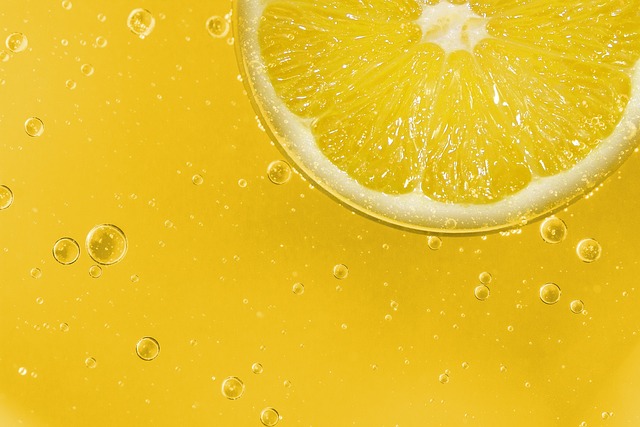Probio-what now? If you’re not familiar with the term “probiotics,” you’re in for a treat! These living microorganisms do wonders for our gut microbiome. Probiotics can help us digest food, support our immune system, and even improve our mood. But not all probiotics are created equal. Today, we’re going to explore the good, the bad, and the gut of probiotic strains.
The Good
Let’s start with the good news. There are plenty of probiotic strains that have a positive impact on our gut health. Here are just a few:
- Lactobacillus acidophilus: This is one of the most popular probiotics. It’s found in a lot of yogurt and fermented foods and can help with diarrhea and lactose intolerance.
- Bifidobacterium lactis: Bifidobacterium is commonly found in the large intestine and helps break down complex carbohydrates. It’s also been shown to reduce inflammation.
- Streptococcus thermophilus: This probiotic is often combined with Lactobacillus bulgaricus to make yogurt. It can help with lactose digestion and boost the immune system.
- Saccharomyces boulardii: This probiotic yeast is particularly effective at preventing diarrhea and fighting off harmful bacteria.
The Bad
Now for the not-so-good news. There are some probiotic strains that can have negative effects on our gut health. Here are a few examples:
- Enterococcus faecium: This probiotic has been linked to infections and can be resistant to antibiotics.
- Bacillus subtilis: In rare cases, this probiotic strain can cause infections if it’s not consumed in the right amounts.
- Bacteroides fragilis: This probiotic strain is usually harmless, but it can cause infections in people with weakened immune systems.
The Gut
So, what does all of this mean for our gut health? Well, it’s important to choose the right probiotic strains for our individual needs. Some strains might work better for one person than another. In general, it’s a good idea to stick with probiotics that have been well-studied and shown to be effective.
It’s also worth mentioning that not all probiotics need to be taken in supplement form. As we mentioned earlier, you can find plenty of probiotic strains in fermented foods like yogurt, kefir, and sauerkraut. These foods offer the added benefit of being natural and unprocessed.
Conclusion
Probiotics are a powerful tool for improving our gut health and overall well-being. With so many different strains out there, it can be overwhelming to choose the right one. By sticking with well-studied probiotics and incorporating fermented foods into our diet, we can give our gut microbiome the support it needs to thrive.







